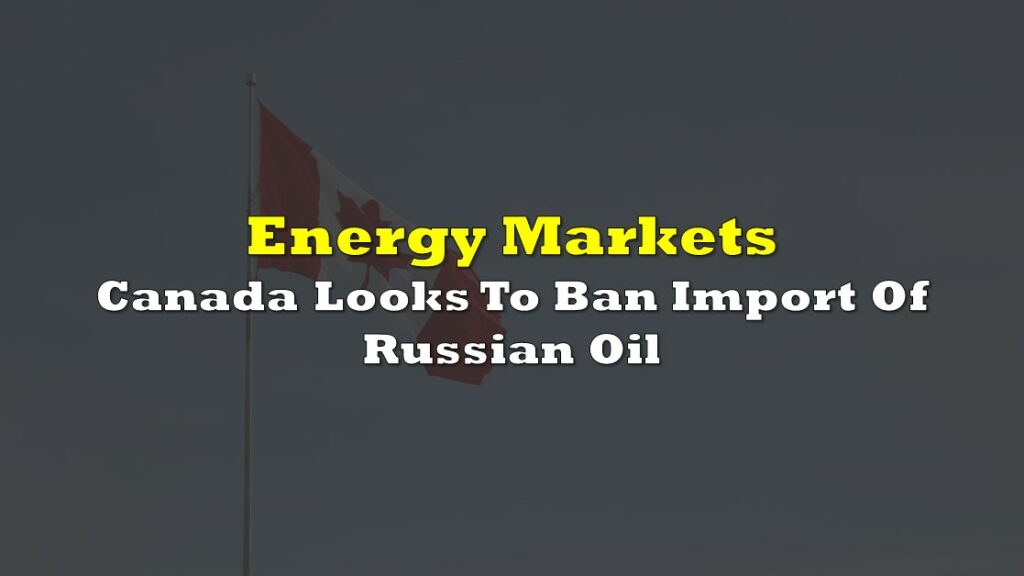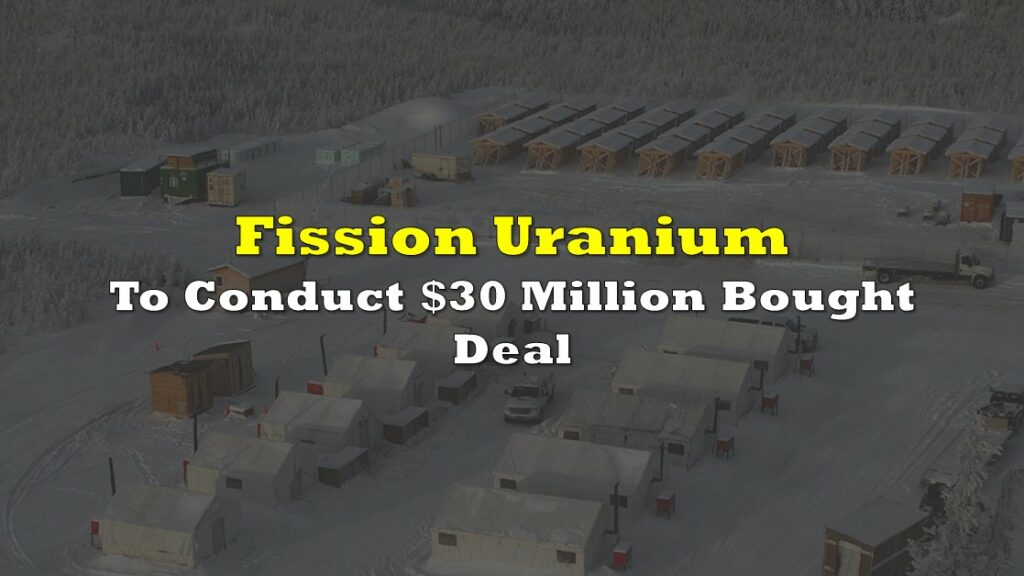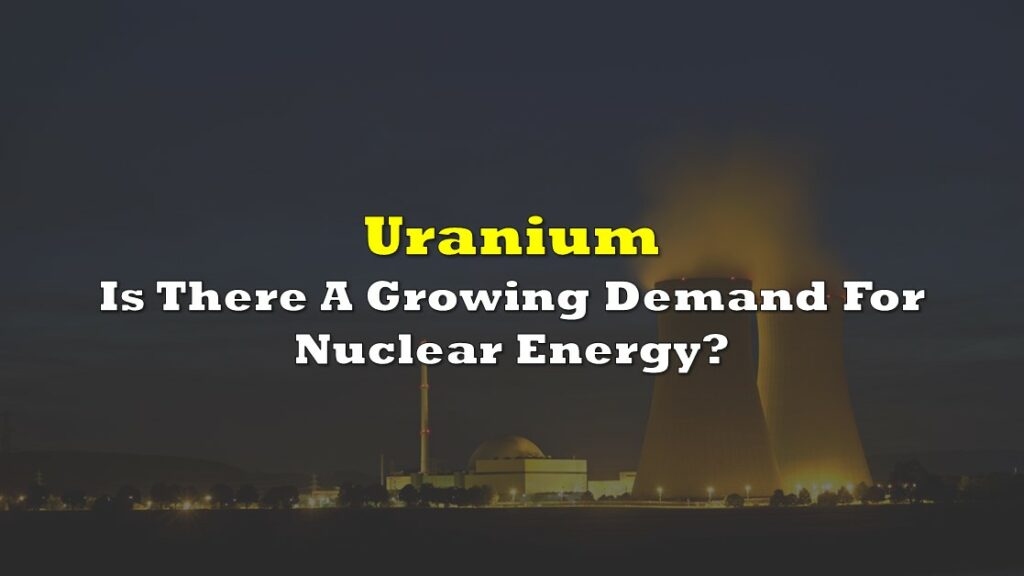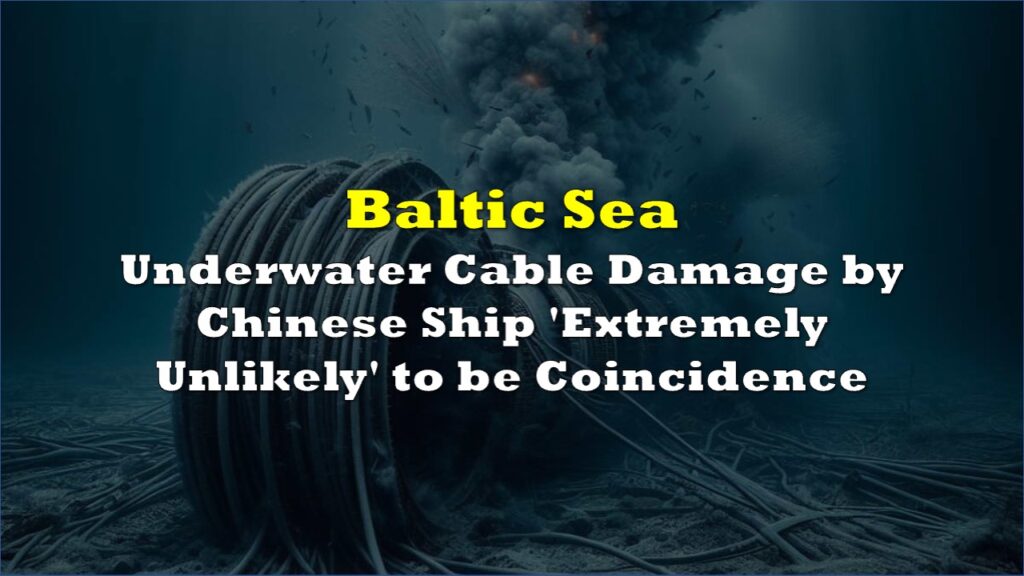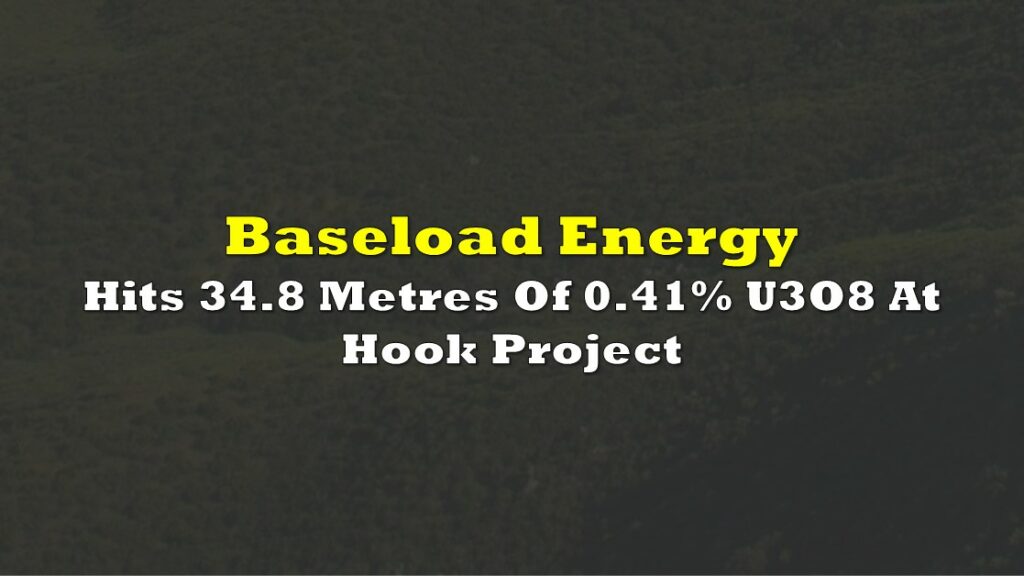The international uranium market is facing growing uncertainty as both Russia and Kazakhstan signal potential disruptions to their exports, which could have far-reaching consequences for Western nuclear energy utilities, particularly in the United States and Europe. With uranium being a critical resource for nuclear power, any significant changes in the supply chain could send ripples through energy markets already sensitive to geopolitical tensions.
In a series of statements made earlier this month, Russia hinted at restricting its uranium exports to the U.S., citing retaliatory measures against Western sanctions.
“We do not rule out stopping titanium and uranium supplies to the United States due to its recent provocations,” Russian Foreign Minister Sergei Ryabkov warned.
Russian Foreign Ministry: We do not rule out stopping titanium and uranium supplies to the United States due to its “recent provocations
— First Squawk (@FirstSquawk) September 14, 2024
This follows directions from Russian President Vladimir Putin, who instructed Prime Minister Mikhail Mishustin on September 11 to explore options for limiting uranium exports to Western countries. The move is widely seen as a direct response to escalating Western sanctions, which have targeted Russia’s energy sector since the invasion of Ukraine in 2022.
Despite these threats, Ryabkov also indicated that Russia “will not act rashly,” suggesting that the country may not immediately cease all uranium exports. Instead, there is likely to be a phased approach to any restrictions, with further details still to be determined. This measured response could be a strategy to maintain leverage over Western nations, particularly as the U.S. and EU attempt to reduce their reliance on Russian energy.
⚡️Breaking!📰🔨 On 11 September #Russia's President Putin directed his Prime Minister, Mikhail Mishustin, to consider putting restrictions on #Uranium exports to Western nations to retaliate against Russian sanctions.🇺🇸🇪🇺⚔️🇷🇺 Foreign Minister Sergei Ryabkov confirms that Russia… pic.twitter.com/4OPGJkEZqZ
— John Quakes (@quakes99) September 14, 2024
The U.S. has already moved to ban Russian uranium imports through 2040 as part of its sanctions package, though some waivers have been granted, allowing limited imports until 2026. Whether Russia will choose to fully cut off these remaining shipments remains to be seen. For now, no official decision has been made regarding uranium exports to the European Union, another major consumer of Russian uranium.
Kazakhstan’s shifting uranium strategy
Adding to the market volatility, Kazakhstan, the world’s largest producer of uranium, may also be shifting its export strategy. In comments made by Kazatomprom CEO, Yerzhan Mukanov, the company suggested that it is becoming increasingly difficult and costly to transport uranium to Western markets.
The chief executive hinted that redirecting shipments toward neighboring China and Russia might make more economic sense in the current geopolitical climate. This signals a potential realignment of Kazakhstan’s uranium exports away from the West and toward nations that share closer ties with Moscow.
John Quakes, a widely followed commentator on uranium markets, noted this shift in a social media post, suggesting that Kazatomprom’s statements may be an indication that the company is less interested in signing new contracts with Western nuclear utilities.
“Seems to me that Kazatomprom is sending a signal to US & EU nuclear utilities that it’s no longer interested in signing any new supply contracts with the West,” Quakes wrote.
He also hinted at a possible alignment between Kazakhstan’s actions and Russia’s geopolitical strategy, suggesting that Putin may be coordinating efforts with Kazakhstani leadership to limit uranium access to the U.S. and Europe.
Comments by Kazatomprom's CEO suggesting that it's now too complex & expensive to ship #Kazakhstan's #Uranium production to Western markets, and more sensible to redirect those shipments to its neighbours #China & #Russia, is aligning with my prophecy that Kazakhstan will… https://t.co/zFJqK5a7gi pic.twitter.com/V4USfJxufJ
— John Quakes (@quakes99) September 15, 2024
If Kazakhstan, which provides over 40% of the world’s uranium supply, significantly reduces or halts exports to Western countries, the impact on global nuclear energy markets could be severe. This is particularly concerning for countries like the United States, which relies on uranium imports to fuel its nuclear reactors, providing approximately 20% of the nation’s electricity.
Geopolitical implications
The potential withdrawal of both Russian and Kazakhstani uranium from Western markets is part of a broader geopolitical realignment driven by the fallout from Russia’s war in Ukraine. As Western nations impose sanctions on Russia, Moscow has increasingly looked to use its energy resources—including uranium—as a tool of retaliation. While oil and natural gas have been the focus of much of the sanctions discussion, uranium is becoming a new front in the energy conflict between Russia and the West.
The possible loss of uranium from both Russia and Kazakhstan could leave Western nuclear utilities scrambling to secure alternative sources. While the United States has some domestic uranium production, it currently imports nearly 90% of the uranium it uses, with a significant portion coming from Kazakhstan and Russia. Without these supplies, U.S. nuclear energy providers could face rising costs and potential fuel shortages.
European nations, many of which have also been dependent on Russian uranium, are similarly vulnerable. While the EU has made efforts to reduce reliance on Russian energy since the Ukraine conflict began, nuclear power remains a critical component of the energy mix for countries like France, where over 70% of electricity is generated from nuclear power.
Information for this story was found via the sources and companies mentioned. The author has no securities or affiliations related to the organizations discussed. Not a recommendation to buy or sell. Always do additional research and consult a professional before purchasing a security. The author holds no licenses.





